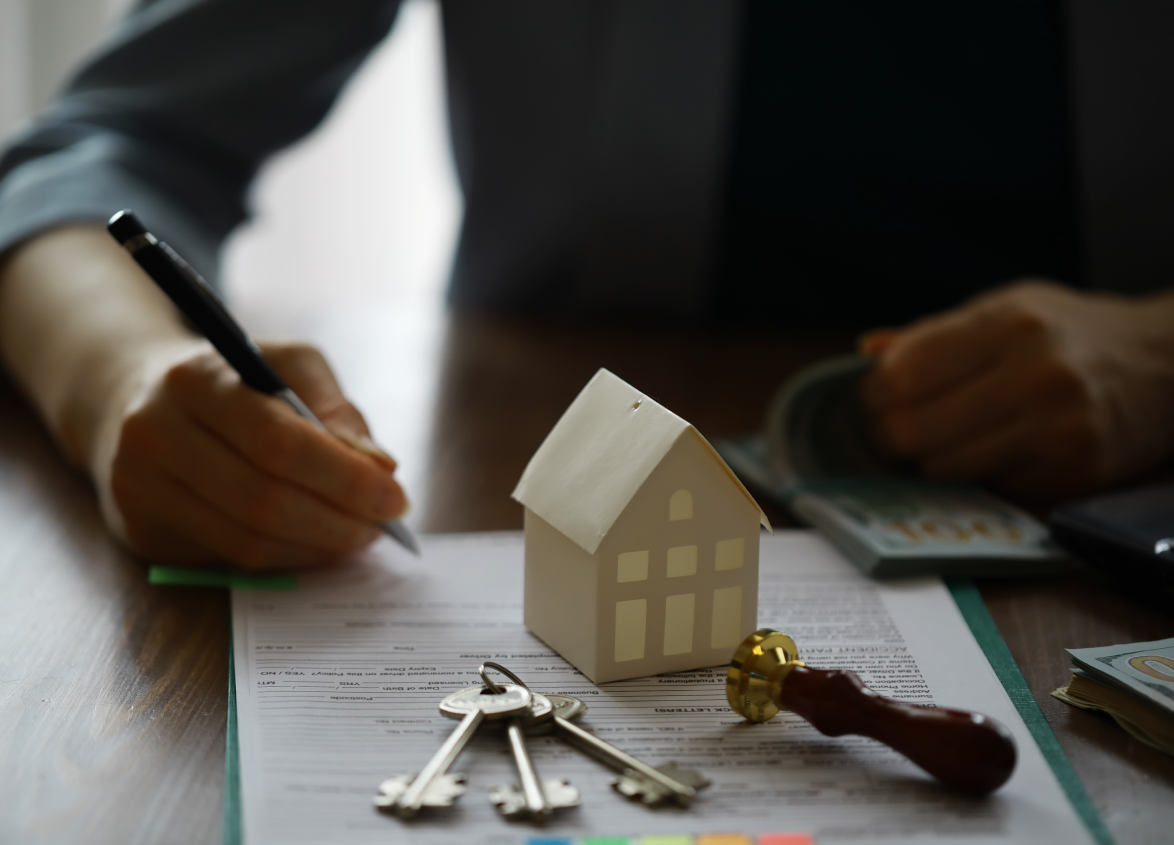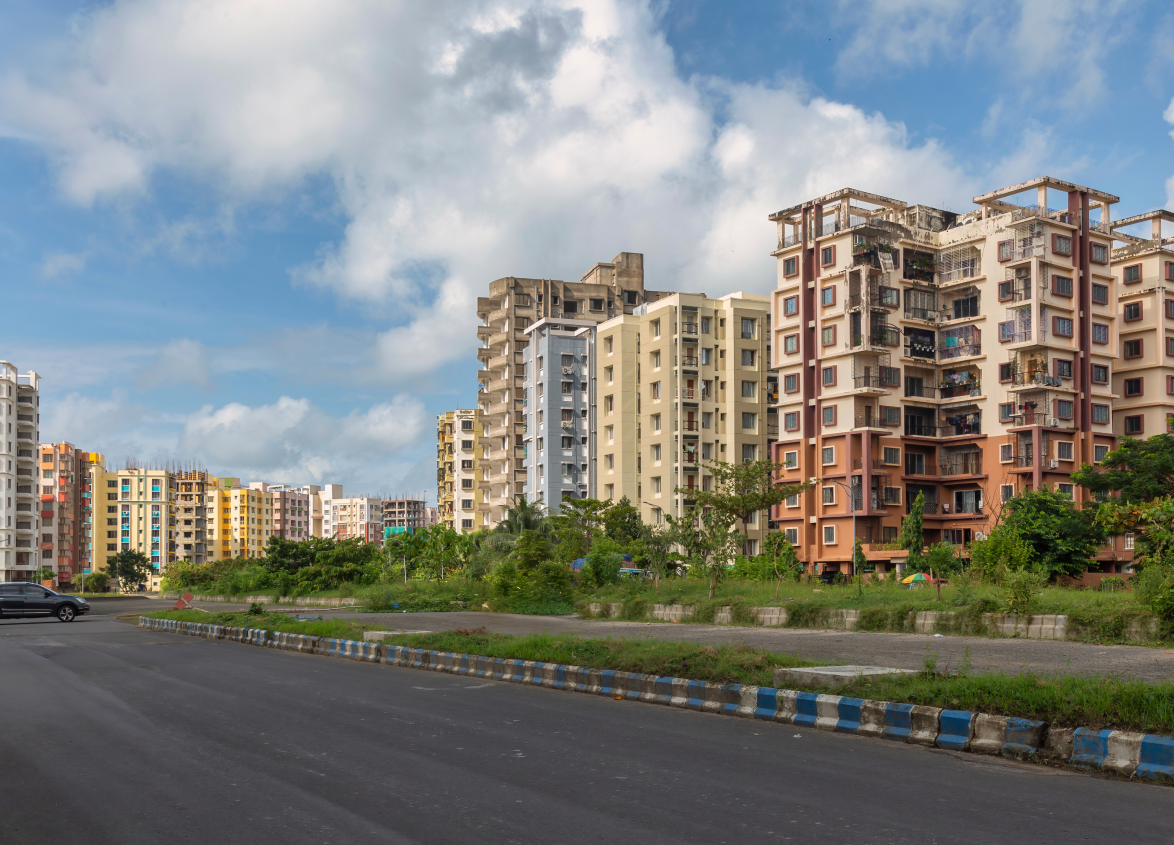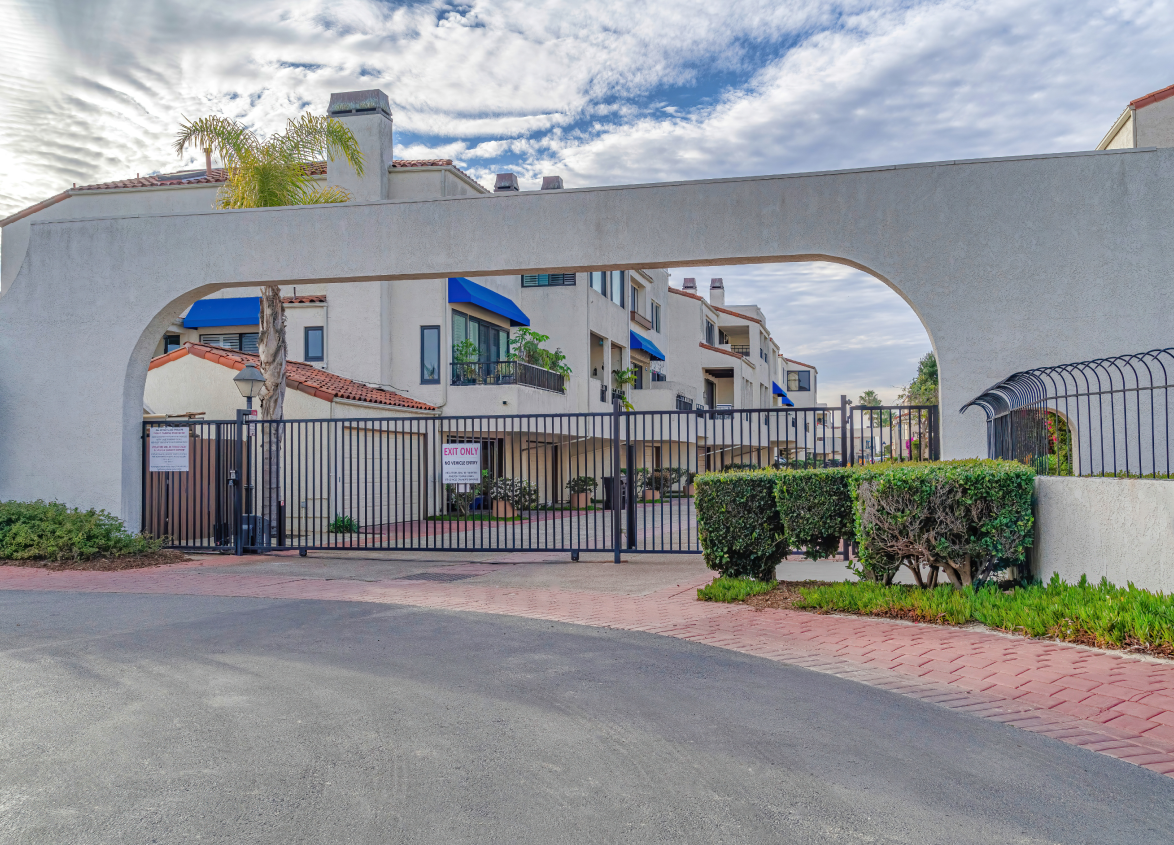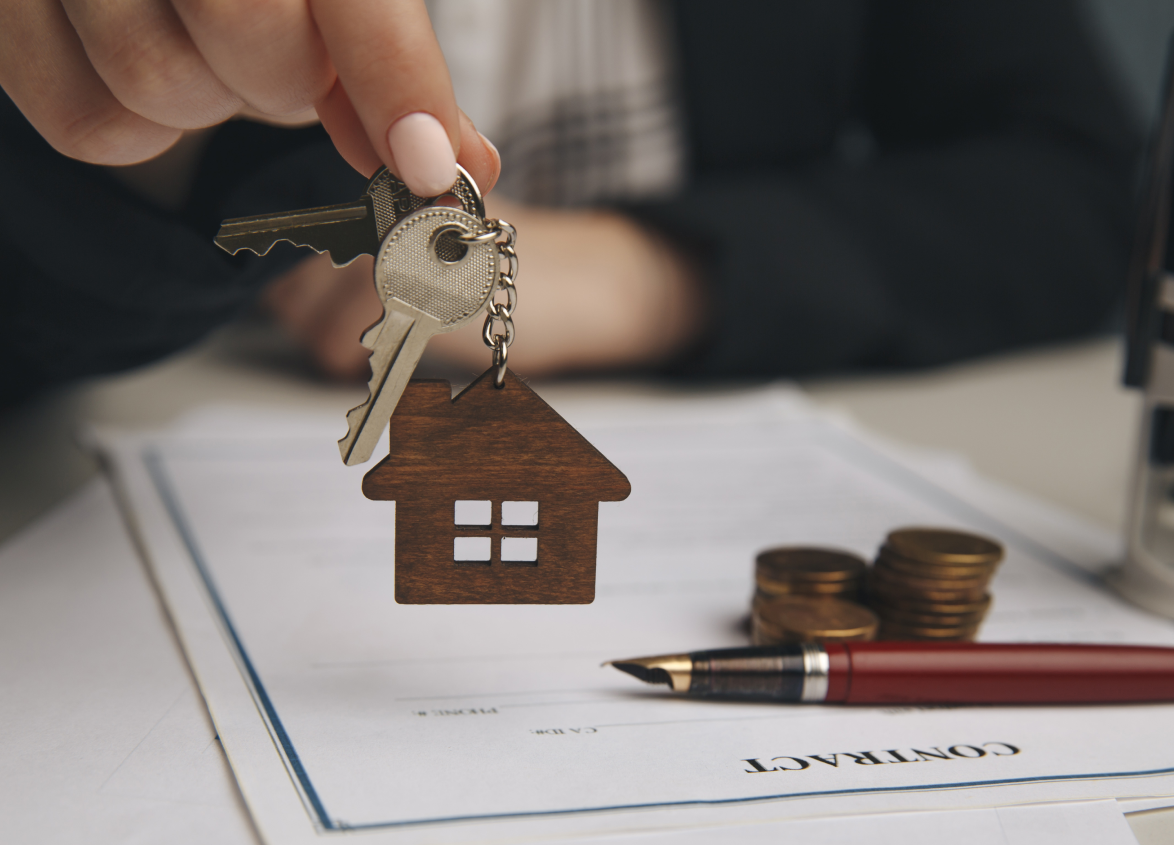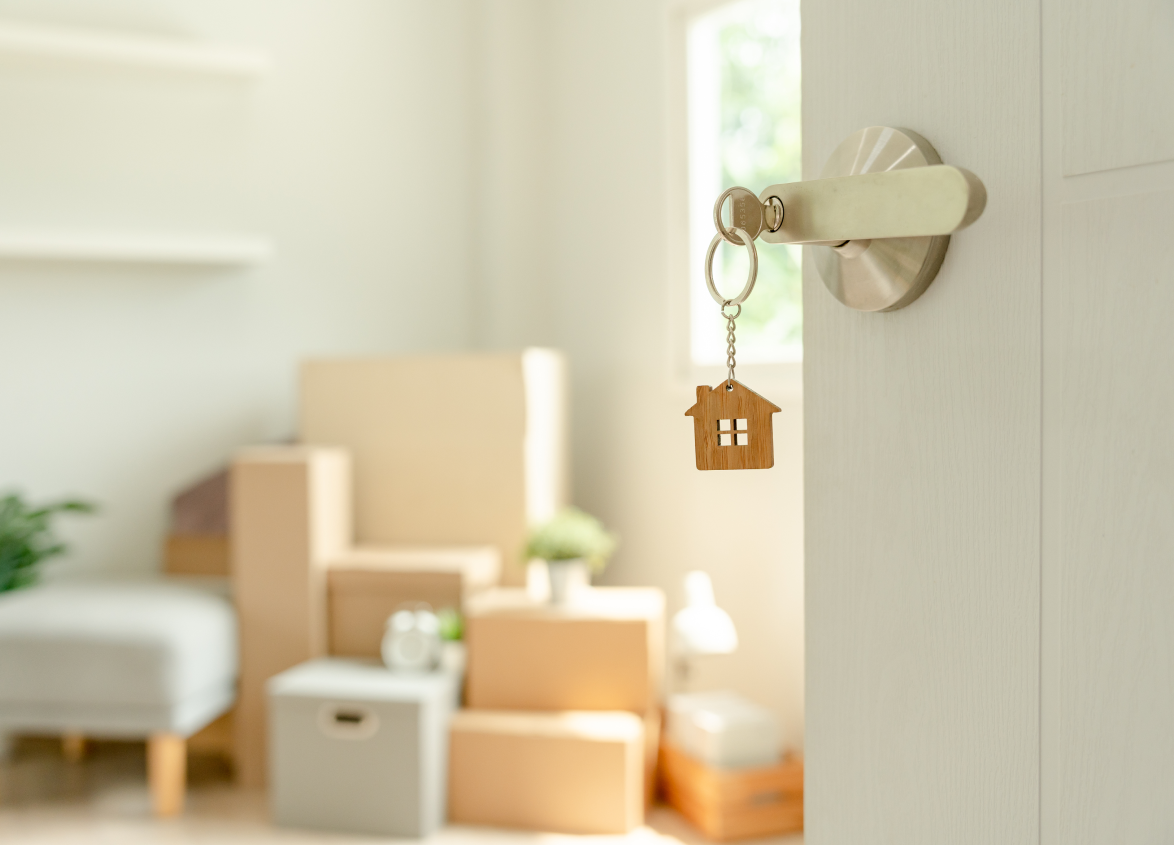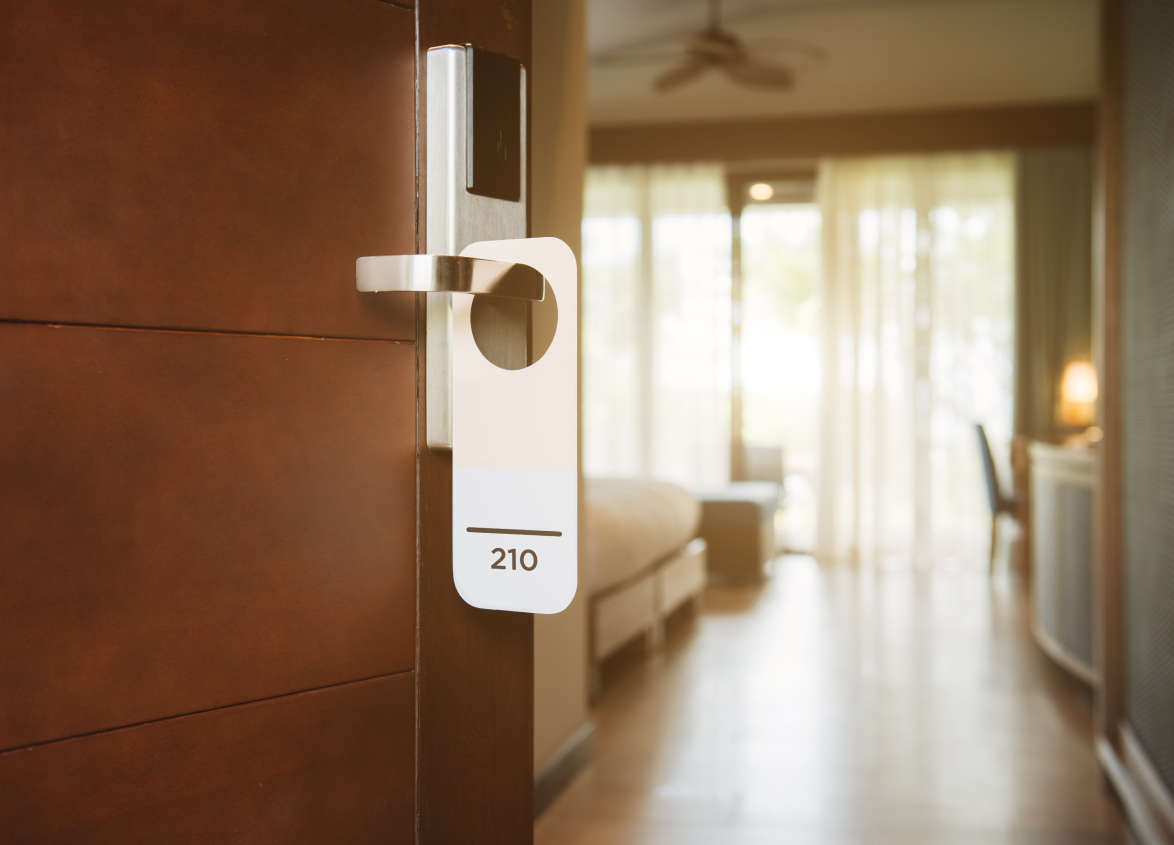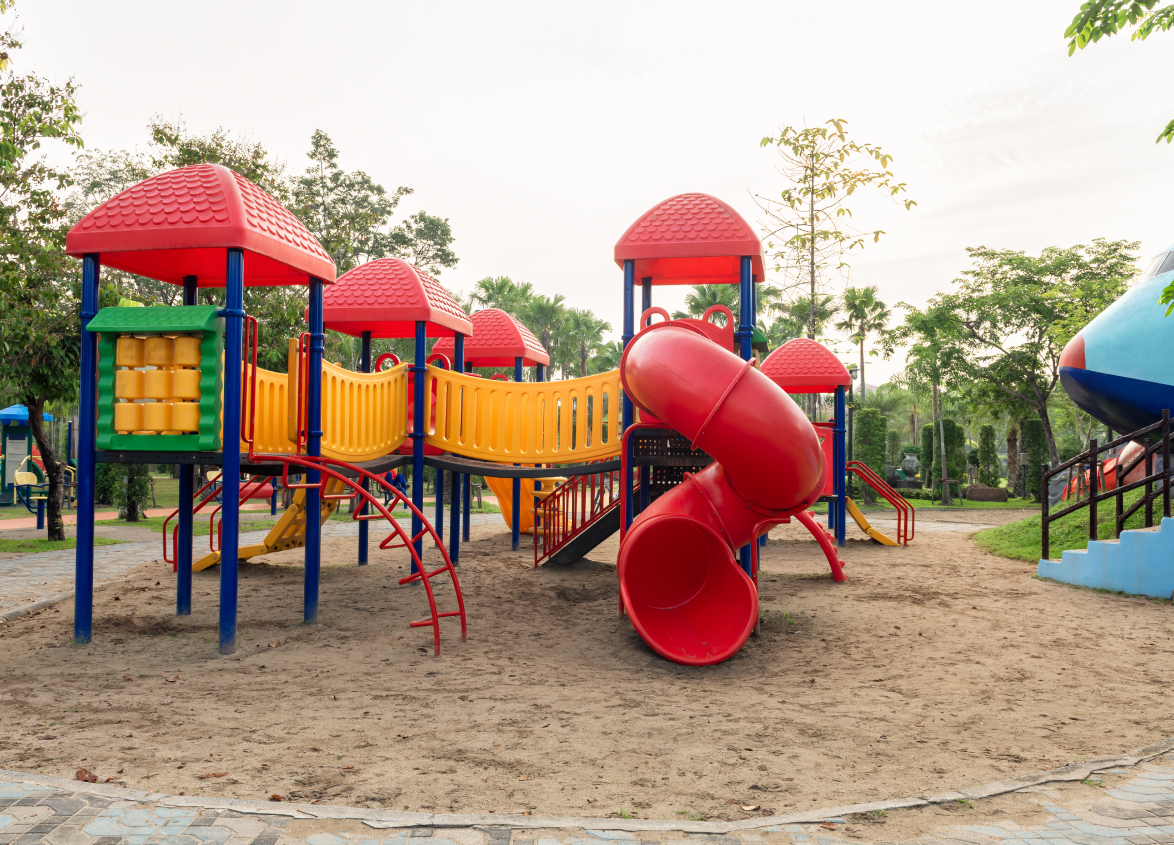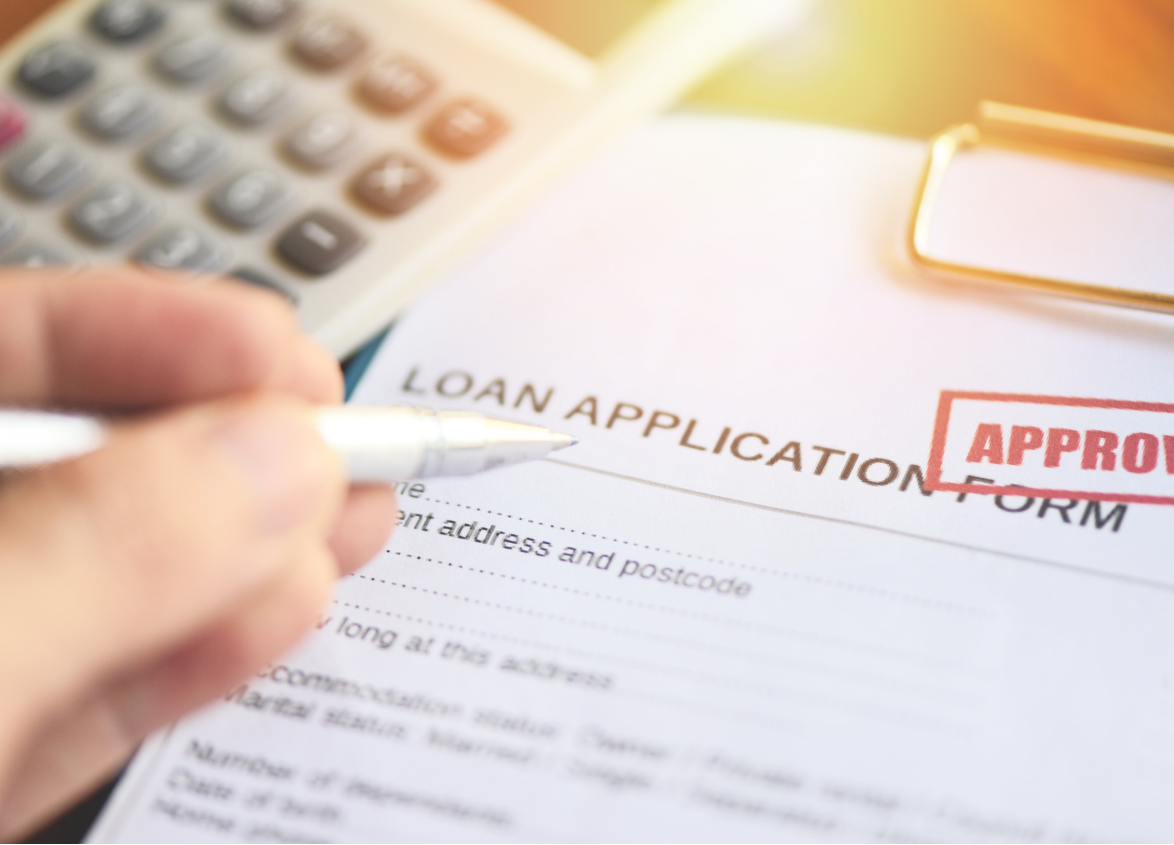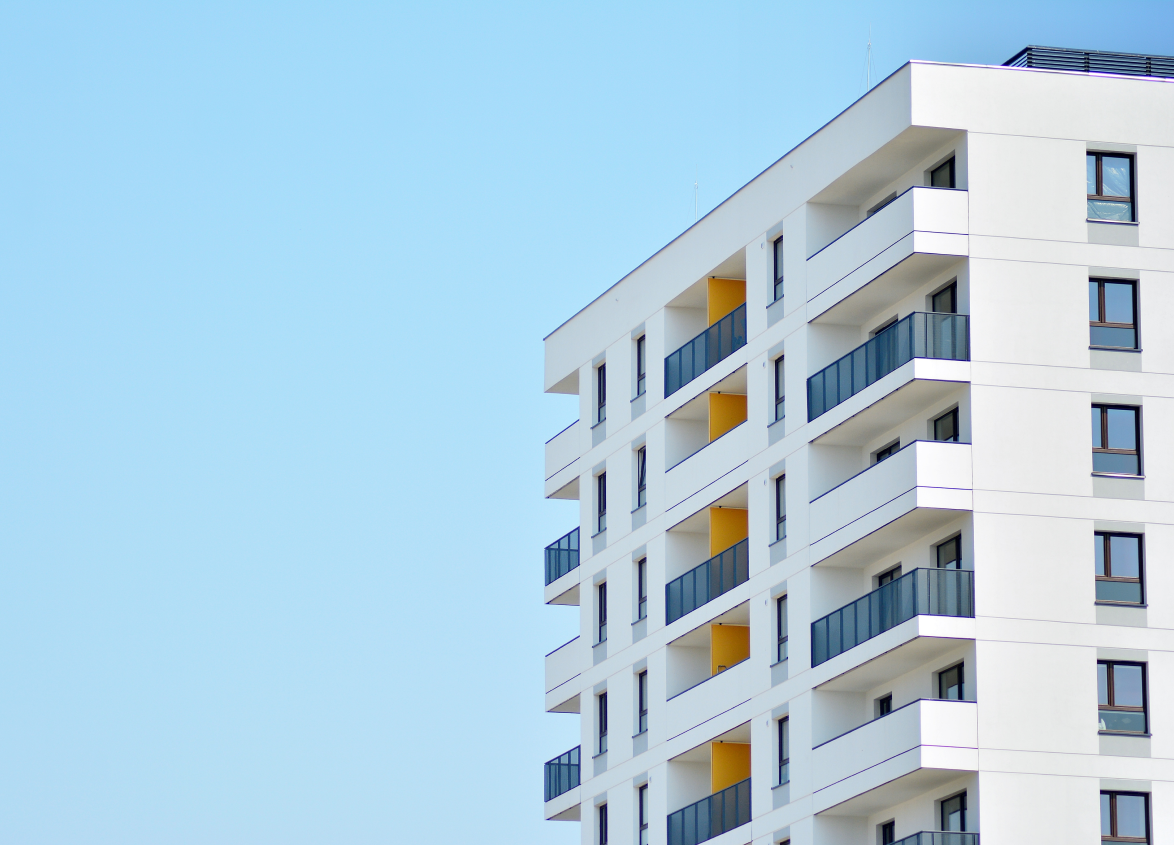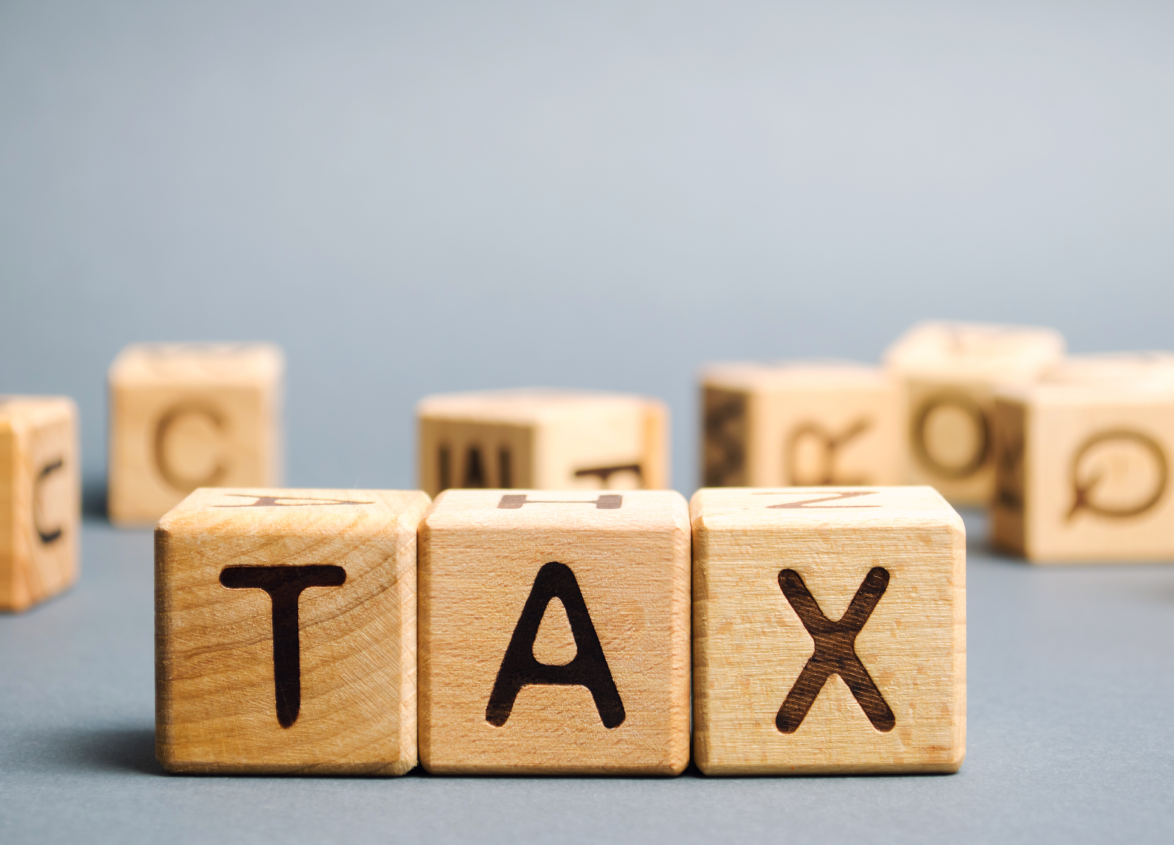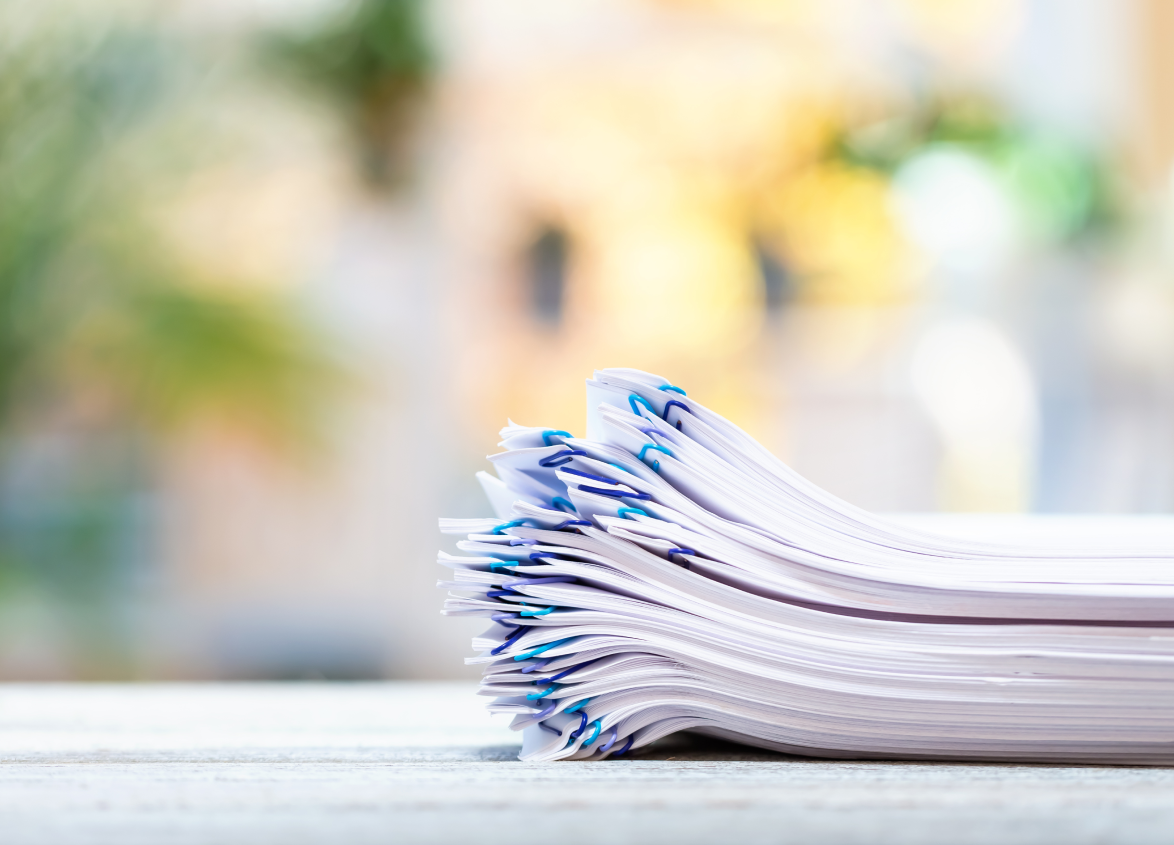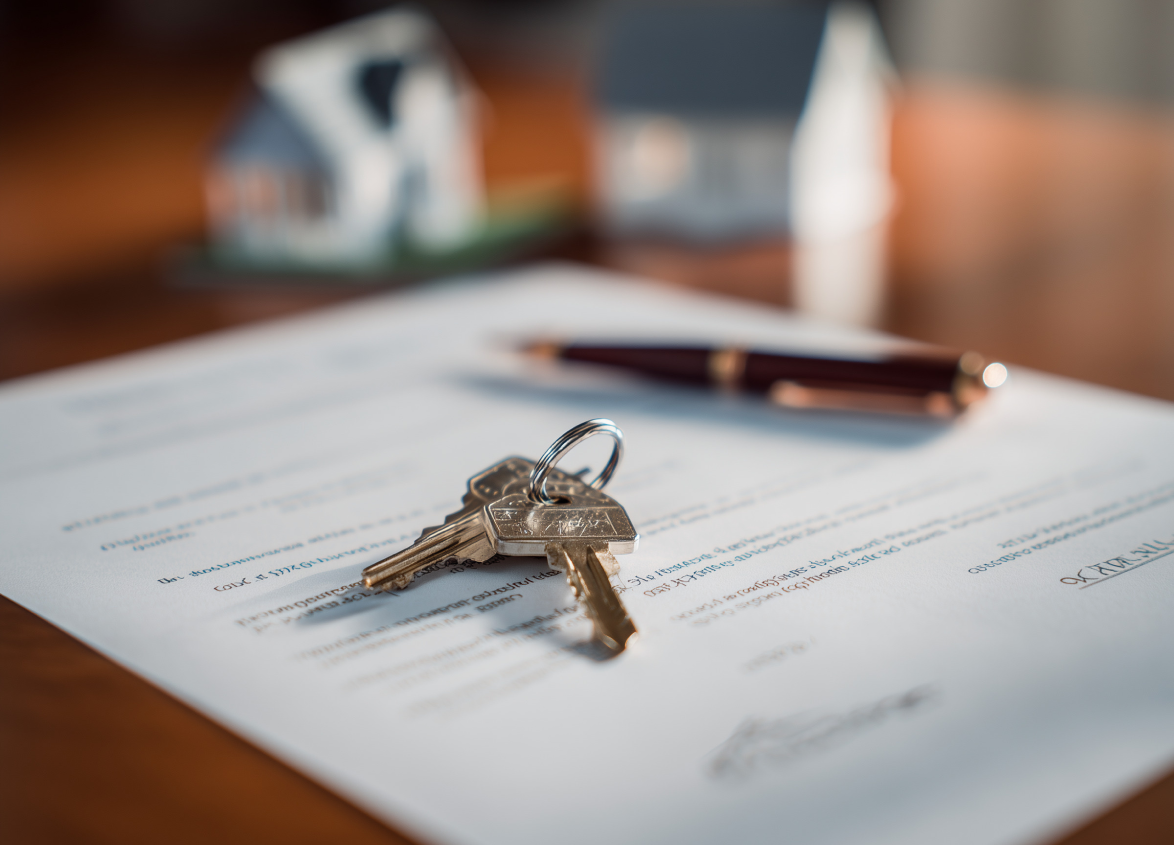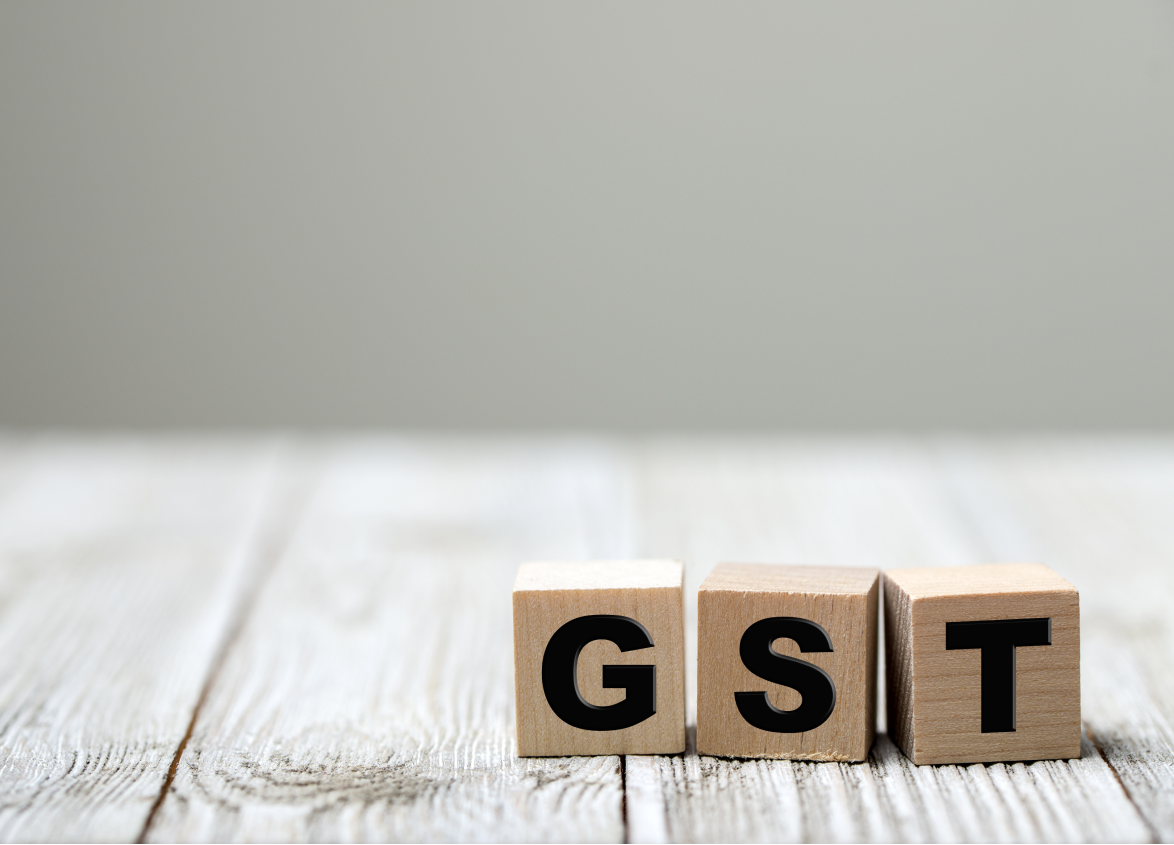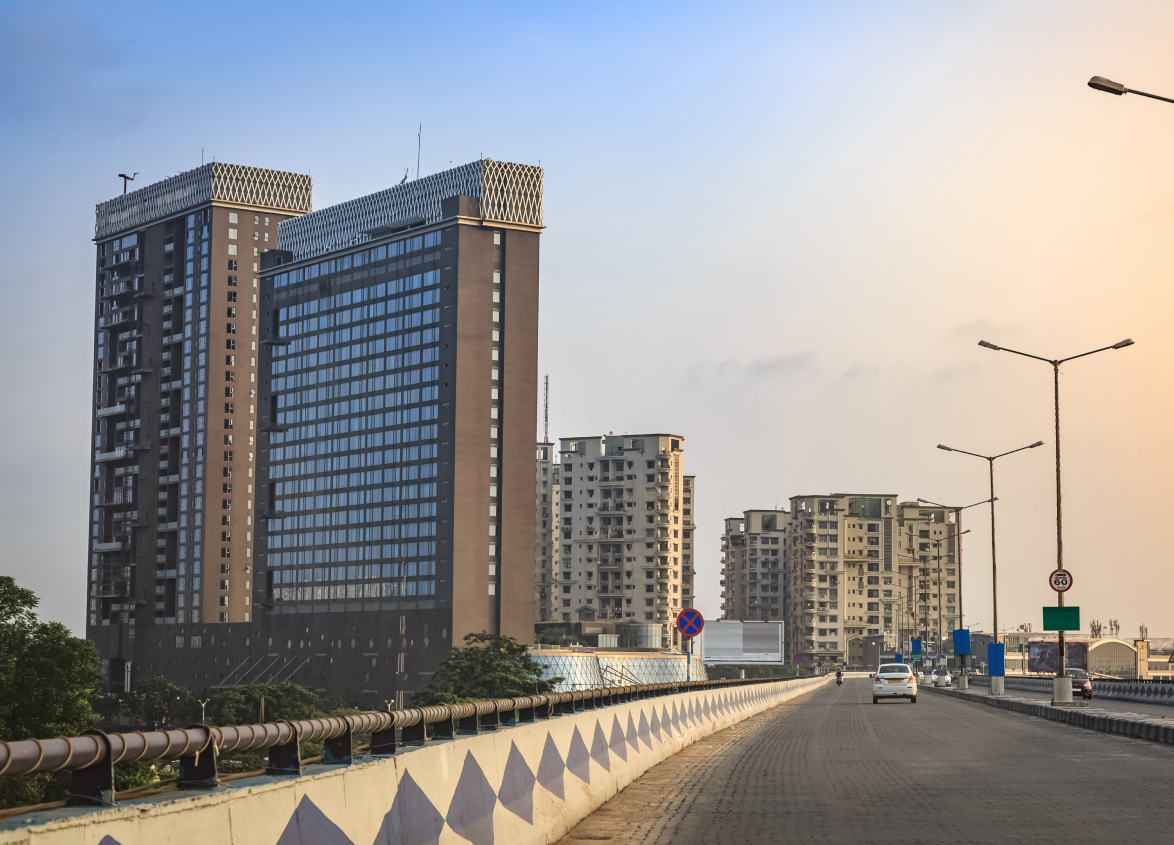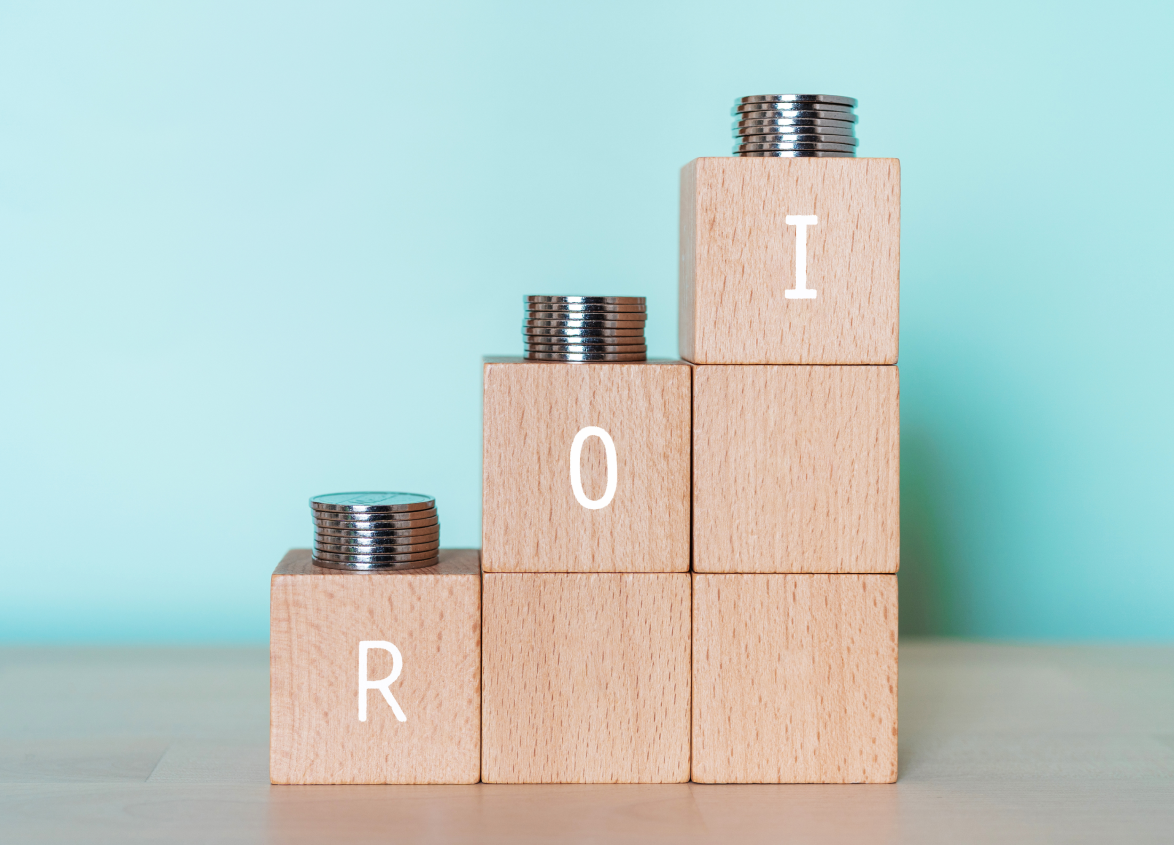
Residential
Understanding Property Insurance: Why Every Homeowner Needs It
May 02, 2025
Owning a home is a significant turning point in life, but it also comes with responsibilities, including safeguarding your investment against potential risks.
Understanding property insurance is important for homeowners as it forms a financial safety net in case of disasters, theft or accidents. Insuring your property grants you peace of mind and economic security, whether this is your first time or you've lived in the house for many years.
Coverage for acts of nature such as floods and earthquakes, theft due to burglary and legal liabilities are all under property insurance. In addition to structural coverage, policies protect personal belongings and provide aid with temporary housing in case the home is rendered uninhabitable due to a covered incident.
In this blog, we will explore what property insurance is, its different types, key benefits and practical tips for selecting the best policy.
What is Property Insurance?
Property insurance is a comprehensive financial product designed to protect householders and property owners against financial loss due to damage, theft or destruction of their property. It becomes the shield to cover the costs incurred in repair, replacement or reconstruction from various risks, including natural calamities, fire and burglary.
This insurance covers various properties, from residential projects to business complexes. It even includes rented spaces and personal items stored inside the insured property.
The Purpose of Property Insurance
The primary purpose of property insurance is to give security to homeowners by compensating them against unforeseen damages and liabilities that may arise on their property. Otherwise, the absence of insurance would compel homeowners to face the sheer expense of rebuilding or repairing their properties after disasters or accidents.
Suggested Read - The Role of Homeowner Associations in Residential Communities
A property insurance policy transfers the financial risk from the homeowner to an insurance provider. The policyholder pays a premium, usually monthly or annually, for protection. Depending on the coverage purchased, the insurance company reimburses the policyholder when a mishap happens.
Key Features of Property Insurance
1. Structural Coverage
This safeguards the physical structure of any home or building, including walls, roofing, foundations and all other permanent fixtures, against any perils covered during the time.
2. Personal Belongings Protection
Property insurance covers household items like furniture, appliances, electronics and clothing. The insured receives compensation if the items are stolen, damaged or destroyed.
3. Liability Coverage
The policy provides liability coverage if someone sustains an injury on the insured property. This includes medical expenses, legal costs and other charges related to defending against lawsuits to protect a homeowner from being financially liable.
4. Loss of Use Coverage
Property insurance helps pay for additional living expenses such as hotels, food and temporary housing until the house gets repaired when it becomes uninhabitable due to a covered disaster.
5. Optional Add-ons
Policyholders can customise their coverage with optional add-ons such as flood, earthquake and fire insurance based on their geographic location and specific risk factors.
How Property Insurance Works
When an incident covered by the policy occurs, the homeowner must file a claim with the insurance company. The insurer will evaluate the damage, estimate repair costs and settle the loss according to the policy's provisions.
The payout varies depending on whether the policy insures against the replacement cost (the total cost of replacing the damaged items) or the actual cash value (ACV) (which considers depreciation).
Property insurance is essential because it offers financial cushioning during a crisis. Without it, homeowners may be financially strapped while recovering from property damage, loss, or liability claims. Given the unpredictable nature of disasters and accidents, it is wise and necessary for every homeowner to have an all-inclusive property insurance policy.
Why Does Every Homeowner Need Property Insurance?
Homeownership is not merely having a place to live—it is a long-term monetary investment that must be protected from various risks.
No matter how well-maintained a home is, external factors such as natural disasters, theft and accidents can threaten its value and safety. Without property insurance, these homeowners expose themselves to enormous risks of incurring financial losses, lawsuits and the chance of losing their homes.
Apart from protecting the structure, property insurance covers personal belongings, protects against lawsuits and ensures financial stability in emergencies.
Besides, mortgage lenders often require insurance, thus making it a non-negotiable condition of home ownership. With increasing property values, homeowners should also ensure that their coverage matches the current rebuilding costs to avoid underinsurance and supplement their growing assets.
Investing in property insurance is not only a regulatory requirement; it has also opened the door to the future for residents by minimising worries about unexpected events. Financial protection eases recovery and enables families to return to routines without undue pressure.
Below are the key reasons why every homeowner should prioritise property insurance:
Natural Disaster Protection
Natural disasters such as wildfires, floods, hurricanes and earthquakes often cause catastrophic damage to property and natural surroundings. Property insurance covers expenses for the repair and reconstruction of homes, preventing financial decline among homeowners for such disasters.
If the repairs are not covered by insurance, they can become a heavy financial burden. With the help of insurance, the homeowner can rebuild his home and restore his life after the disaster without a lot of financial baggage.
Theft and Vandalism Protection
Burglars and trespassers carry the risk of breaking into homes and damaging property, which may lead to the loss of valuables. However, property insurance enables homeowners to recover stolen goods and repair damages incurred through criminal activities.
Theft and vandalism can occur unexpectedly. In insurance terms, homeowners can be left stunned by these unfortunate events.
Consider this: Replacing stolen goods or repairing any possible damage can be costly. Thus, property insurance is the crucial 'safety net'.
Liability Coverage
If someone suffers an injury on your estate, property insurance provides liability coverage that pays the homeowner's medical care and legal fees, lowering out-of-pocket expenses.
Accidents occur, and they may attract expensive legal claims. With liability coverage, homeowners are relieved from lawsuits and can pay the injured parties without severe financial consequences.
Mortgage Requirements Compliance
Most lenders require homeowners to insure their property under the mortgage agreement. This protects the property against unexpected damages, ensuring the investor's safety.
Homeowners sometimes find it hard to get a mortgage without insurance, and those who qualify risk foreclosure if their home becomes uninhabitable due to a disaster. They lack the funds to restore it.
Rising Property Values
As property values increase, homeowners need to ensure their insurance coverage is sufficient for replacement in case of damage or destruction. The cost of rebuilding a home today may be considerably higher than when it was first purchased.
Rising value is a primary means of aligning insurance coverage against such an eventuality. It enables homeowners to restore their houses after a disaster.
Covers Personal Belongings
Property insurance covers personal items like household furniture, electronics and clothing. If these items are harmed or stolen, the policy will repay the insured for their losses according to the coverage type selected.
Over the years, homeowners collect possessions that become quite valuable, and in an unforeseen situation, replacing all of these can be very expensive. Property insurance helps homeowners cover losses from damage without having to drain their savings.
Additional Living Expenses Coverage
If a covered event makes a home unfit for human habitation, property insurance covers additional living expenses, such as temporary housing and food costs, until repairs are completed. This ensures that homeowners and their families have accommodation while waiting for the status of their homes to be restored without incurring heavy costs.
Without this coverage, homeowners may struggle financially and emotionally with the burden of dislocation.
Benefits of Property Insurance
Having property insurance comes with numerous advantages, including:
Protection Against Financial Loss
One of the most enormous benefits of property insurance is financial protection. Unexpected events such as fires, storms or theft can cause significant damage, leading to high repair or replacement costs. Insurance ensures homeowners do not have to bear these expenses alone, preserving their financial stability.
Liability Coverage
Accidents can happen at any time, and homeowners may be held responsible for injuries to their property. Property insurance provides liability coverage, medical expenses and legal fees and protects homeowners from costly lawsuits that could otherwise drain their savings.
Quick Recovery
With insurance, homeowners can quickly recover from damage, theft or natural disasters, ensuring they can return to their everyday lives with minimal disruptions. Financial support for repairs, replacements and temporary housing means families do not have to suffer unnecessary delays in restoring their homes.
Types of Property Insurance
There are various types of property insurance, each catering to specific needs:
1. Renter’s Property Insurance
This type of insurance is designed for tenants. It covers personal belongings and liability but not the building structure, which is the landlord’s responsibility. It ensures that renters are financially protected against theft, damage or liability claims.
2. Homeowner’s Property Insurance
A comprehensive policy covering the home’s structure, personal belongings, liability and additional living expenses in case of displacement. This is the most common form of property insurance, providing broad coverage for homeowners.
3. Commercial Property Insurance
Businesses require property insurance to protect commercial buildings, equipment, inventory and liability risks associated with business operations. Business owners need to safeguard their investments and minimise financial risks.
4. Fire Property Insurance
A specialised policy focusing on damage caused by fires, covering repair, replacement and associated costs. Fire insurance is essential for homeowners in areas prone to wildfires or electrical fires.
5. Public Liability Property Insurance
This type of insurance covers legal expenses and compensation costs if a third party is injured on your property. It is crucial for businesses and property owners who frequently host visitors.
6. Flood Insurance
In high-risk flood zones, a separate policy is often required to cover damages caused by floods. Standard homeowner’s insurance policies usually do not cover flood damage, making this a vital add-on for those in flood-prone areas.
7. Earthquake Insurance
This coverage protects homeowners from damages caused by seismic activity. It is usually offered as an add-on to standard policies. Earthquakes can cause devastating damage, and this coverage ensures financial protection in case of structural loss.
Tips for Choosing the Right Property Insurance
Selecting the right property insurance policy requires careful consideration of various factors. Homeowners must assess their needs, compare coverage options and ensure their policy protects their property. Here are some essential tips to guide you in making the best choice:
Understand Your Coverage Needs
Every homeowner's insurance needs differ based on location, property type and potential risks. Consider the likelihood of natural disasters, crime rates in your area and the value of your home and personal belongings.
Understanding your coverage needs will help you select a policy that provides adequate protection without unnecessary add-ons.
Shop Around and Compare Quotes
Insurance premiums and coverage options vary among providers. It is advisable to obtain multiple quotes from different insurance companies to compare prices, coverage limits and additional benefits. Online comparison tools can also help you evaluate the best policies based on your budget and requirements.
Read the Policy Carefully
Before purchasing property insurance, read the policy terms and conditions carefully. Pay close attention to exclusions, deductibles and limitations. Ensure the policy covers key risks relevant to your location and property type. If any terms are unclear, consult with an insurance agent for clarification.
Update Your Policy Regularly
Property values fluctuate and renovation or improvement projects can increase the replacement cost of your home. Regularly updating your insurance policy ensures that you have adequate coverage to reflect the current market value of your home and belongings.
Failing to update your policy could result in underinsurance, leaving you vulnerable to financial loss in case of a claim.
Replacement Cost vs. Actual Cash Value
When selecting coverage, choose between replacement cost and actual cash value (ACV). Replacement cost coverage reimburses the full cost of repairing or replacing damaged items without considering depreciation. In contrast, ACV considers depreciation and pays the current market value of lost or damaged property.
Opting for replacement cost coverage ensures better financial protection, though it may come with higher premiums.
Check Claim History
Reviewing the insurance company’s claim history and reputation can give insights into their efficiency in processing claims. Customer reviews, ratings and feedback from other policyholders can help you determine whether the insurer provides fair and timely settlements.
A company with a good track record of efficiently handling claims is preferable.
Keep Required Documents Handy for Processing Claims
Having all necessary documents ready can expedite the claim process in an emergency. Maintain records of property ownership, receipts of expensive purchases, photographs of valuables and an inventory of household items. In case of a claim, these documents will serve as proof of ownership and help get timely compensation.
Conclusion
Securing your home with property insurance is a wise and necessary step in an unpredictable world. Whether protecting against natural disasters, theft or accidents, a well-chosen insurance policy ensures homeowners do not face financial hardship during difficult times.
By understanding what is property insurance and the different types of property insurance, homeowners can make informed decisions about their coverage. Beyond protecting the structure of the home, insurance policies cover personal belongings, provide liability protection and offer temporary living assistance in emergencies.
Selecting the right property insurance requires careful evaluation of available options, reading the fine print and updating policies as circumstances change. Homeownership is a significant investment and taking proactive steps to protect it ensures long-term financial security and peace of mind. No matter where you live, having the right insurance policy means you are prepared for challenges.
Securing your dream home becomes easier with trusted developers like Brigade, which focuses on quality construction and long-term value. Ensuring it's well protected with the right insurance adds an extra layer of confidence. No matter where you live, having the right insurance policy means you are prepared for challenges.
MUST READ
Looking for something specific?
We'd be delighted to help you.




